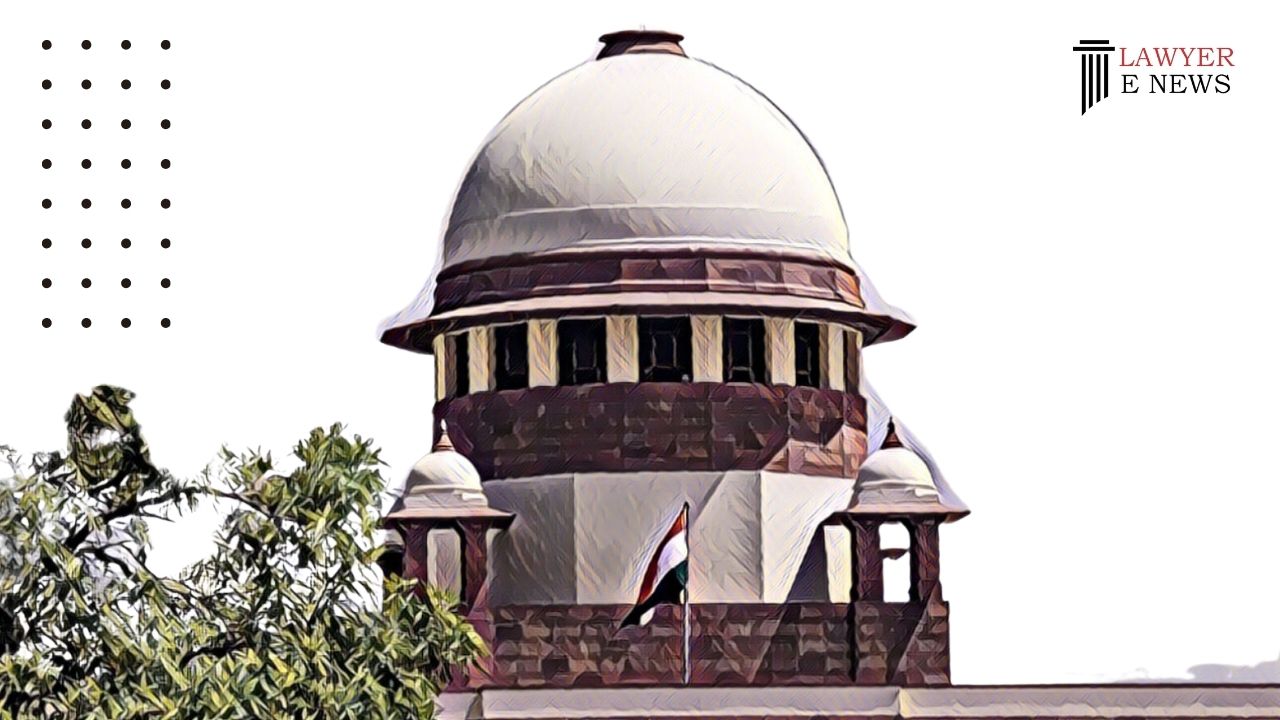-
by Admin
16 February 2026 10:43 AM



In a significant judgment that could impact future land allotment cases, the Supreme Court of India today delivered a landmark decision in the case involving the Delhi Development Authority (DDA) and Hello Home Education Society. The apex court, headed by Justices Vikram Nath and Rajesh Bindal, set a new precedent emphasizing the importance of procedural adherence and the implications of policy changes in land allocation.
The case, Civil Appeal Nos. 3659-3660 of 2023, revolved around the challenge by the Delhi Development Authority against the High Court’s decision concerning the allotment of land to Hello Home Education Society. The society sought a mandate for the implementation of an alleged decision to allot institutional land for establishing a middle school in Vasant Kunj, Delhi.
In their judgment, the Supreme Court underscored the principle of ‘due diligence’ in legal procedures. “The litigant who is not diligent cannot invoke the extraordinary jurisdiction of the High Court under Article 226 of the Constitution of India,” the bench observed, addressing the society’s 11-year delay in filing a writ petition based on the Lieutenant Governor’s in-principle approval from 2003.
The court also clarified the legal standpoint on policy changes and their retrospective application. It was noted that the change in policy decision by DDA in 2003, which favored public auctions for land allotment, applied even to pending cases. This was a critical point as the society’s claim was based on policies prior to the change.
Additionally, the judgment brought to light the necessity of complying with all procedural requirements, including possessing the relevant Essentiality Certificate and Sponsorship Letter, for a legitimate claim to land allotment. The society’s lack of a Sponsorship Letter for the Vasant Kunj area was a key factor in the court’s decision.
Furthermore, the court’s observation on the doctrine of negative parity in law was significant. The bench stated, “If any allotment had been made contrary to the existing policy and rules, the same would not form a basis of benefit being extended to another society as under law negative parity is not recognised or approved rather it is disapproved.”
The ruling has been hailed as a crucial directive for future cases involving land allotment, setting clear guidelines on the importance of adhering to policies and procedures, and acting with due diligence. Legal experts believe this judgment will have far-reaching implications, particularly in how government bodies and educational institutions navigate land allotment procedures in India.
In conclusion, the appeals were allowed, the orders passed by the Division Bench and Single Judge set aside, and the writ petition filed by the Society was dismissed. There was no order as to costs.
Date of Decision: 11 January 2024
DELHI DEVELOPMENT AUTHORITY VS HELLO HOME EDUCATION SOCIETY
